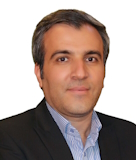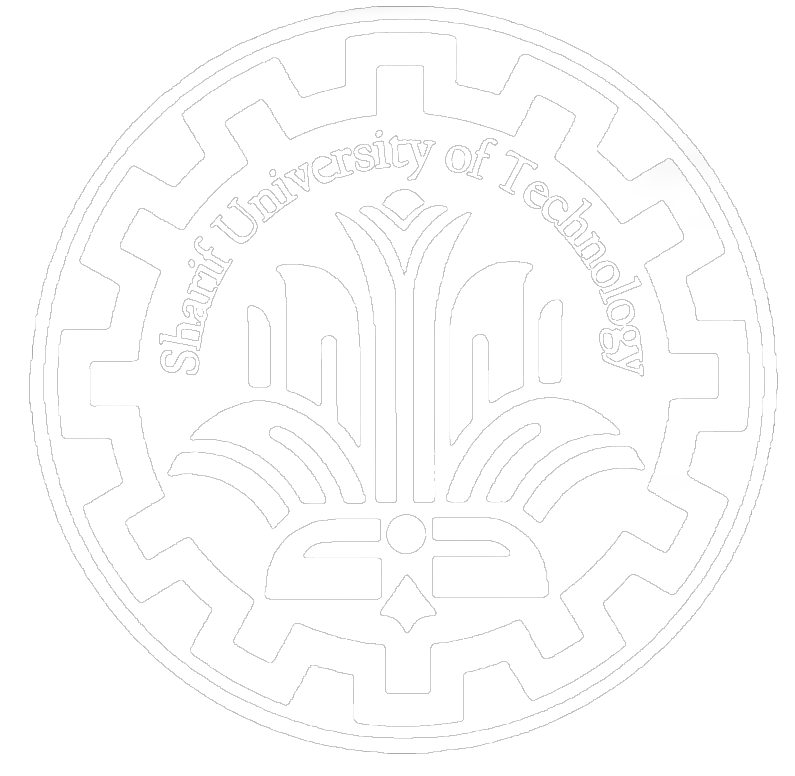
After the industrial revolution, science and technology changed and progressed rapidly. These changes also reshaped society. Traditional engineering disciplines were insufficient to answer all the newfound problems in various industries. Industrial Engineering emerged as a new field to connect mathematics, economics, and engineering methods.
Industrial Engineering activities are related to the design, improvement, and implementation of systems composed of people, equipment, machinery, materials, and capital. Industrial engineering uses analytical, engineering, and management as well as mathematical and computer science to predict, analyze, and determine the results of the desired system and ultimately implement the best solution according to the specified goals.
Industrial engineers must coordinate various activities such as production planning, stock control, etc. Industrial engineering activities can be summarized as follows:
-
Optimization using operations research methods (e.g., linear programming, simulation, nonlinear, integer and dynamic programming, decision analysis, systems analysis, probabilistic models, and network theory)
-
Selection and design of tools, equipment, manufacturing processes, and methods
-
Design of physical facilities, including the establishment of units, machinery, equipment, transportation systems, and storage facilities for products and raw materials.
-
Design and development of planning and control systems for the distribution of goods and production services, inventory control, quality control, factory repair and maintenance, project management, etc.
-
Creating cost control systems—i.e., budget control and cost analysis
-
Technical and economic analysis of investment alternatives
-
Design and creation of information and control management systems
-
Creation and establishment of job evaluation, salary, bonus, and incentive systems
-
Performance measurement and evaluation standardization
-
Evaluation of reliability and functionality
-
Human resource planning and organization
-
Economic planning, financial management, and econometrics

As seen, industrial engineering tries to solve problems with a general and systemic view. Due to the complexity and scope of today's systems, most cannot be analyzed easily. Therefore, managerial aspects and decision-making skills are fundamental. Industrial engineers are equipped with multiple skills to design and operate these systems.
CAD/CAM, flexible manufacturing systems, FMS, and robots, have opened a vast horizon to industrial engineering to solve technical and economic problems of industries. In short, industrial engineers are pivotal to the realization of organizational goals.
Today, industrial engineers have a wide variety of career choices. Banks, insurance companies, hospitals, and service and production firms hire them to optimize their processes.
Our program is planned carefully and competitively to respond to Iran's industries' current and future demands and match world standards.
In the program's first stage, students are trained through general engineering courses to get a general understanding. In the second stage, they specialize in industrial engineering to ultimately join the workforce.

As seen, industrial engineering tries to solve problems with a general and systemic view. Due to the complexity and scope of today's systems, most cannot be analyzed easily. Therefore, managerial aspects and decision-making skills are fundamental. Industrial engineers are equipped with multiple skills to design and operate these systems.
CAD/CAM, flexible manufacturing systems, FMS, and robots, have opened a vast horizon to industrial engineering to solve technical and economic problems of industries. In short, industrial engineers are pivotal to the realization of organizational goals.
Today, industrial engineers have a wide variety of career choices. Banks, insurance companies, hospitals, and service and production firms hire them to optimize their processes.
Our program is planned carefully and competitively to respond to Iran's industries' current and future demands and match world standards.
In the program's first stage, students are trained through general engineering courses to get a general understanding. In the second stage, they specialize in industrial engineering to ultimately join the workforce.
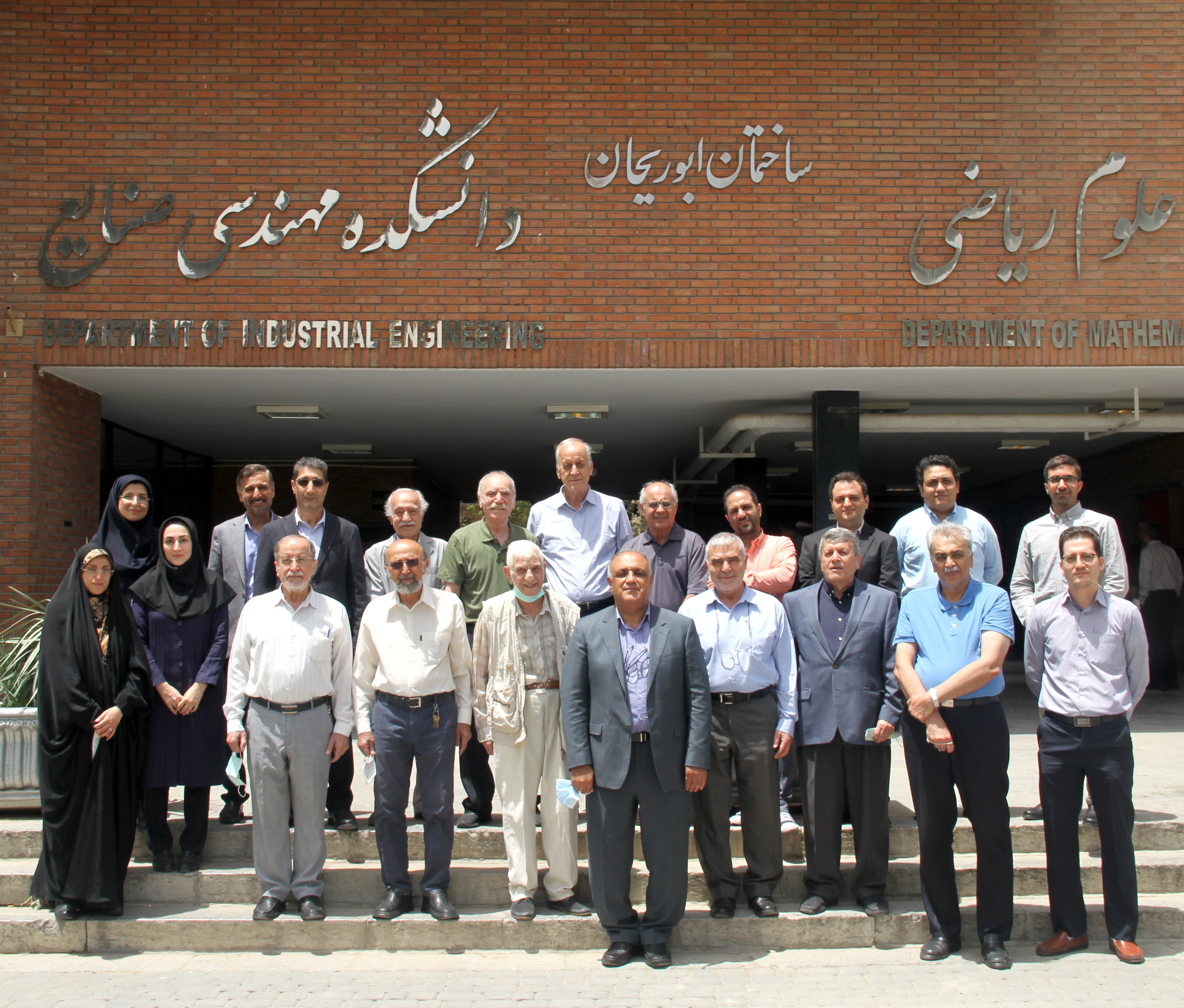

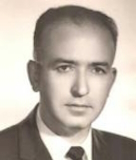
Mohammad reza Amin
1968-1969

Mohammad reza Safaiyeh
1969-1971

Hoshang Sabeti
1971-1974
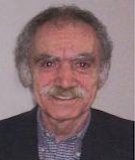
Rasoul Haji
1974-1976

Fereydoon Kianfar
1976-1978

Kiumars Pariani
1978-1981
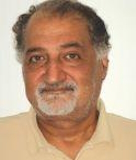
Farhad Ghassemi
1981-1985
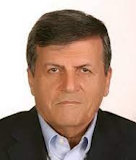
Mohammad Modarres Yazdi
1985-1989
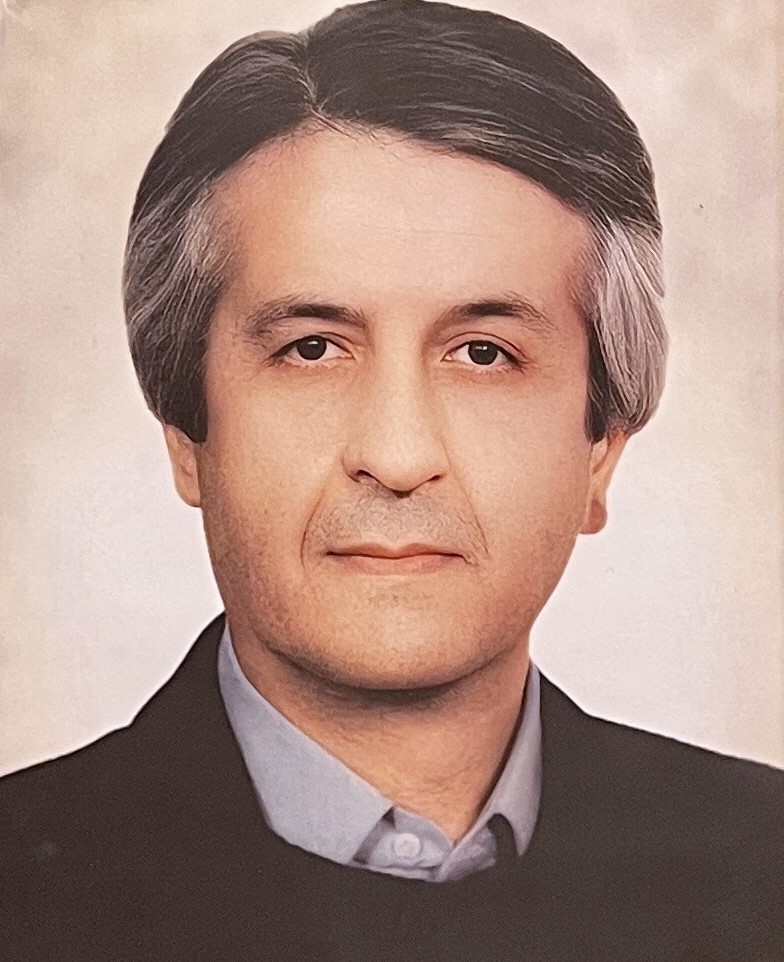
Hashem Mahlooji
1989-1992
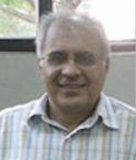
Abdul Hamid Eshragh
1992-1996
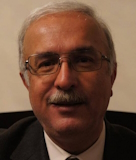
Seyed Taghi Akhavan Niaki
1996-1999
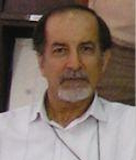
Mohammad Hadi Chamran
1999-2004
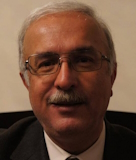
Seyed Taghi Akhavan Niaki
2004-2008
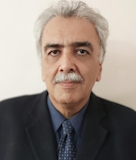
Kourosh Eshghi
2008-2015

Alireza Haji
2015-2019
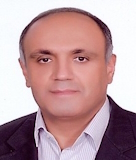
Mohammadreza Akbari Jokar
2019-2023
